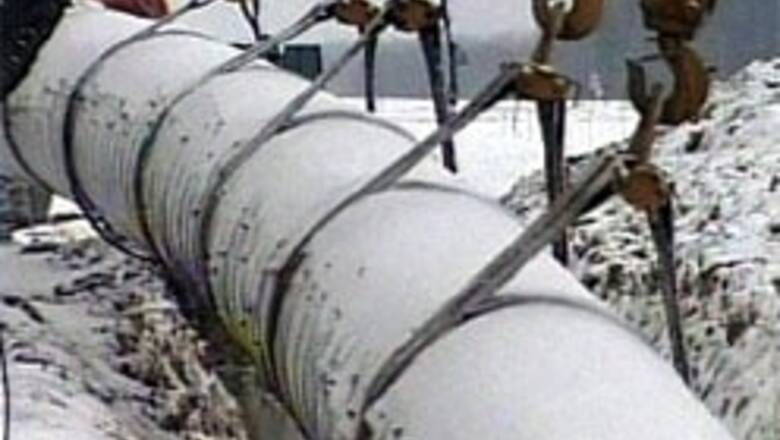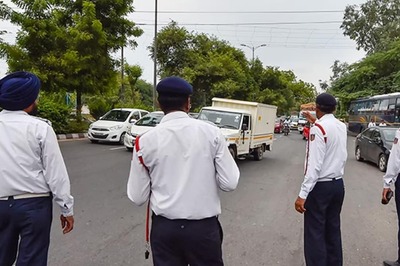
views
New Delhi: India, Pakistan and Iran on Friday agreed to try one last time to break the impasse over pricing of gas proposed to be imported by New Delhi and Islamabad through a $7 billion tri-nation pipeline and decided to appoint an international consultant to go into the issue.
After two days of intense negotiations, Iran stuck to its demand for a price linked to crude oil, while the buyers jointly sought a price band with a floor and ceiling.
"The three nations will jointly appoint an international consultant to study the pricing issue," Petroleum Secretary M S Srinivasan said.
Iranian deputy oil minister MH Nejad Hossenian said all sides were unanimous on the importance of the project but "the buyers (India and Pakistan) were offering a price which was half the price the seller (Iran) wanted."
Petroleum Minister Murli Deora said the consultant would submit its report in 4-5 weeks after which the officials of the three countries would meet against in Tehran.
"This is the last time we are trying to revive the project," another official said.
Pakistani Oil Secretary Ahmed Waqar said Pakistan and India were one on the issue and were looking at a price affordable and reasonable to their domestic markets.
"We are pursuing a bilateral (Iran-Pakistan) pipeline and a trilateral (IPI) pipeline parallely. If for any reason, India does not join the IPI project, Pakistan would go ahead with the bilateral project subject to the price being affordable," he said.
The Iranian Minister said Iran and India had alternative markets for sale and source of supplies. While Iran can sell gas to European markets, India has possible gas sources in Turkmenistan and Qatar.
"Decisions (by) each side will be taken in their own national interest," he said.
Deora said India continues to be committed to the pipeline project.
Sources said an international consultant was needed because there were substantial differences between buyers and sellers on transportation and gas processing costs.
The tripartite expert committee, which was formed yesterday to look into the pricing issue, failed to resolve differences, with Iran insisting on a transmission cost of $1.2 per million British thermal unit, while India and Pakistan suggested one-fourth of this cost.
On gas processing, Iran said $0.4 per mBtu would be charged, but the buyers felt $0.2 was a more reasonable price, sources said.
Tehran has remained adamant on its crude oil price-linked formula, which at $60 a barrel Brent crude price, translates into a price of $7.2 per mBtu - 60 per cent more than what India was willing to pay.
Sources said Iran wanted a price equivalent to 10 per cent of ruling Brent crude oil price, plus a fixed cost of $1.2 per mBtu. Added to this would be the cost of transporting the gas through Pakistan.
New Delhi, however, is willing to pay no more than $4.25 per mBtu for gas delivered through the 2,100-km line at its border, they said.




















Comments
0 comment